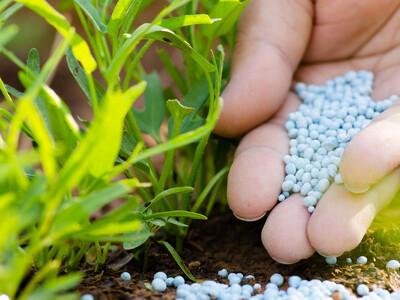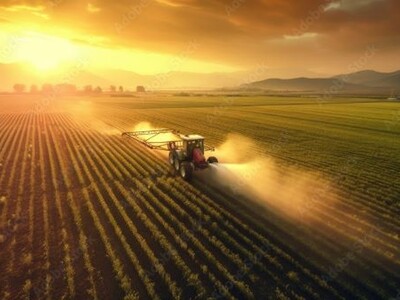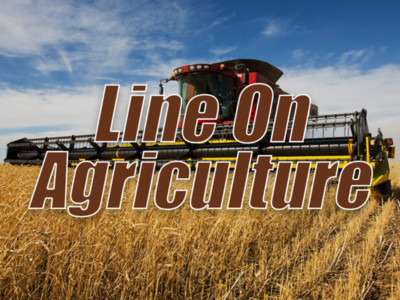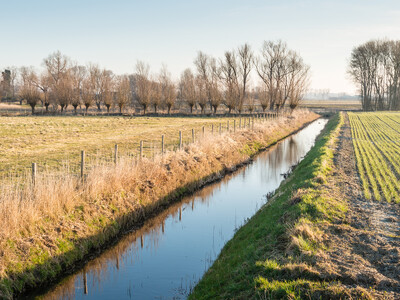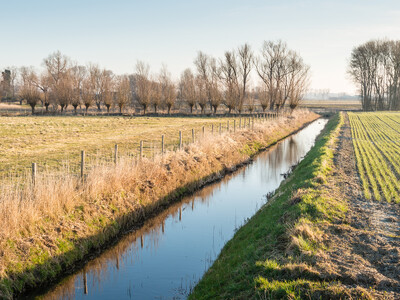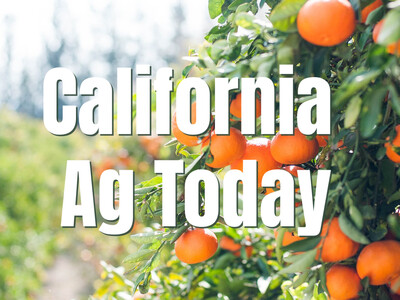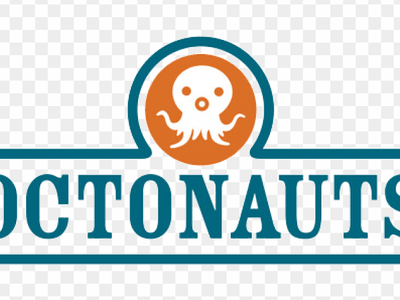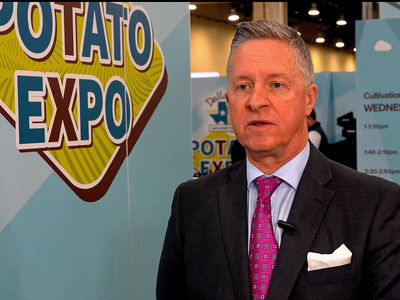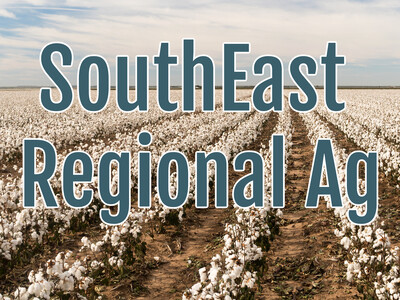CSU AgNext Program Cattle Emission Research

Lorrie Boyer
Reporter
“What might be happening right as we begin to really focus on the reduction of greenhouse gas emissions in a system, how does it impact the system overall? And then, is the solution that we potentially generate? Does it have any negative effects either from a cost perspective, a carcass merit perspective, an animal health and well-being perspective? All of those things are incredibly important when we think about scalable solutions, right? Because if we could come up with a solution that reduces methane by let's say, 50%, but if it causes any unintended consequences related to animal health and wellbeing, for example, that solution is unacceptable.”
That is Dr. Kim Stackhouse-Lawson. She is the director of the CSU Agnext program, and she discusses the climate-smart research pens of cattle that they are doing research on feeding them additives to reduce methane emissions.
“We're measuring individual emissions from each of those animals. We're measuring methane, hydrogen, co2, and oxygen from those animals. And then we're also measuring animal performance. We'll follow those animals into the after they're harvested and measure carcass merit and carcass quality from them.”
Dr. Stackhouse-Lawson says this research is a collaboration with USDA and other partners. This research project will conclude at the end of this month.



